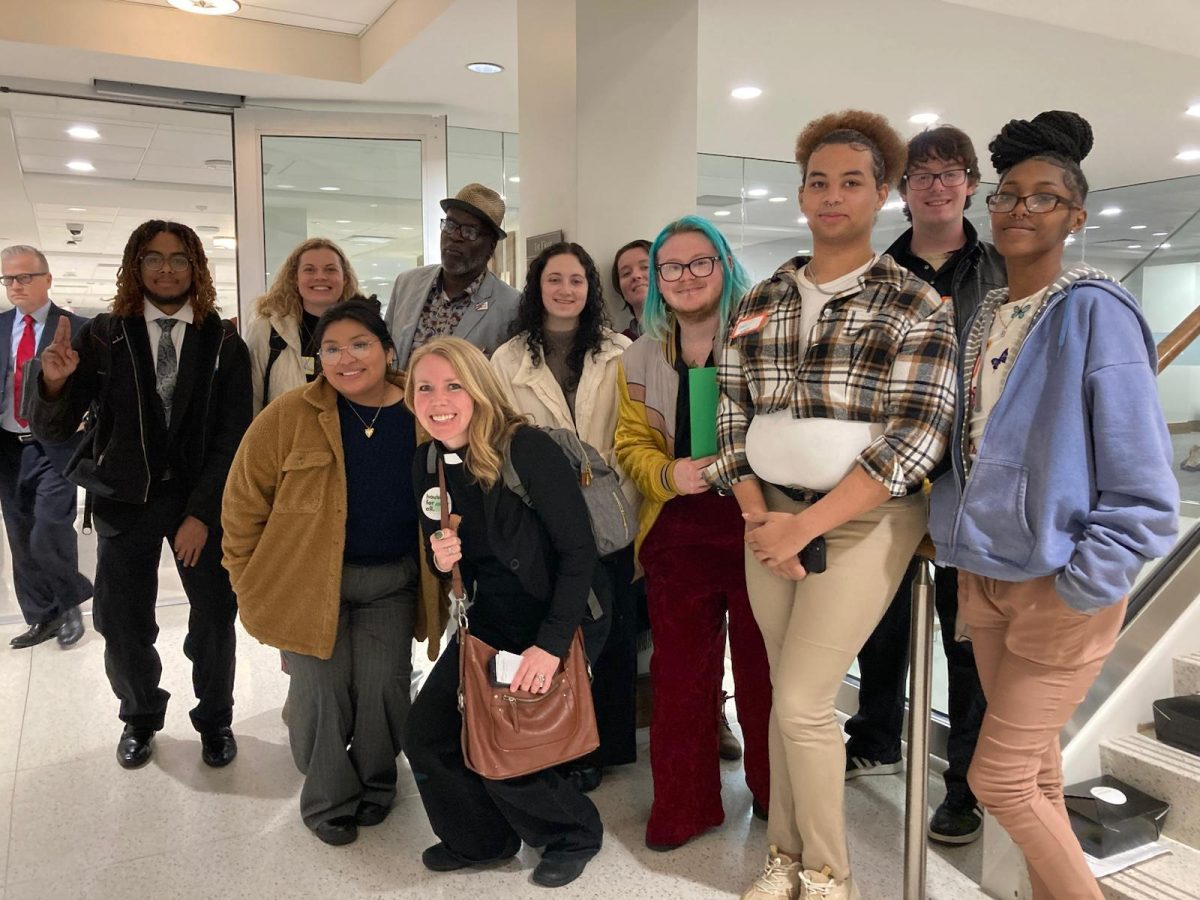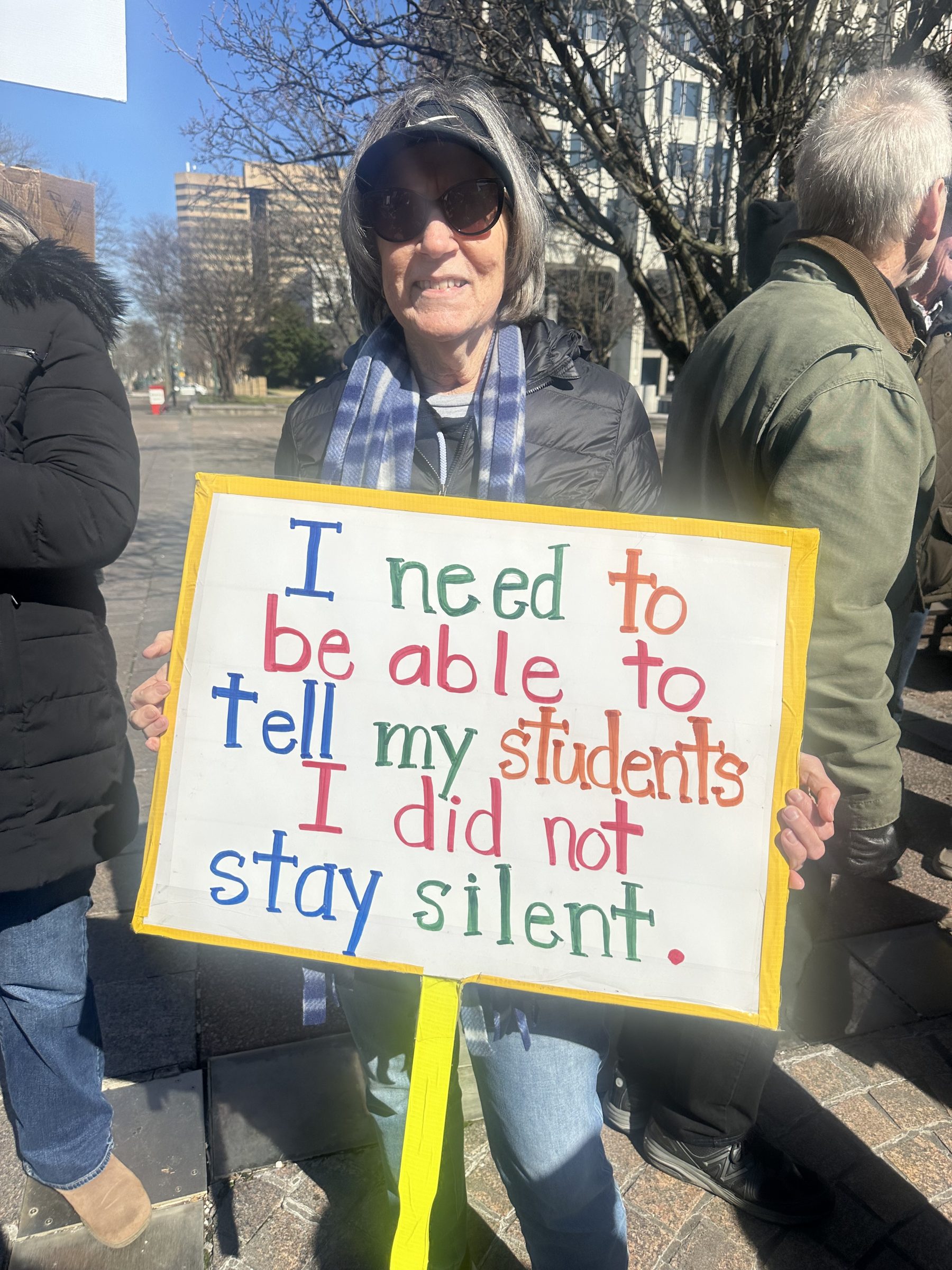Lawmakers are continuing work to repeal the state’s grocery tax with bills introduced in the legislature.
Tennessee is one of 10 states, including Alabama and Mississippi, that are looking to take away the grocery tax. In 2024, the state was recognized by the Tax Foundation as having one of the highest grocery taxes in the nation at 4 percent. According to a fiscal review by the Tennessee General Assembly, the average local sales tax is estimated to be 2.5 percent. Memphis’ current sales tax is 2.75 percent, meaning local shoppers pay 6.75 percent.
State Democrats have criticized Republicans for enacting legislation that would help the upper class and big corporations, as opposed to “working families in Tennessee.” To rectify this, legislation has been introduced to repeal the grocery tax.
SB1164 introduced by Sen. Raumesh Akbari (D-Memphis) would remove fresh, frozen, and canned fruits and vegetables from being included in sales tax. Action has currently been deferred on this bill in the Senate Finance, Ways, and Means Revenue Committee.
Republicans have introduced HB0021 that would eliminate the state grocery tax of 4 percent and impose a tax of up to 2.75 percent. While Tennessee law allows funds from the tax to go towards education, the bill would remove this option.
HB0002 by Rep. Aftyn Behn (D-Nashville), also known as the “End the Grocery Tax by Closing Corporate Loopholes Act) would eliminate the sales tax from groceries as well. For purposes of the bill, groceries are defined as “food and food ingredients for human consumption.” Similar to HB0021, this would not include alcoholic beverages, tobacco, candy, dietary supplements, or prepared food.
The bill also proposes that bigger corporations pay more in taxes to make up for the funds lost by removing the tax. Sen. Charlane Oliver (D- Nashville) is the Senate sponsor for the bill and said that abolishing the grocery tax could lead to investment in universal pre-K. Oliver made these comments during a press conference hosted by the coalition Tennessee For All, who gathered for their “Communities Not Corporations: Day on the Hill.” In addition to rallying against the grocery tax and “end of corporate tax loopholes,” the group advocated for worker’s safety rights and funding for pre-K education.
“For too long, our state has sided with billionaires and big businesses,” Oliver said. “We need to stop giving a break to corporations and start investing in our communities.”












